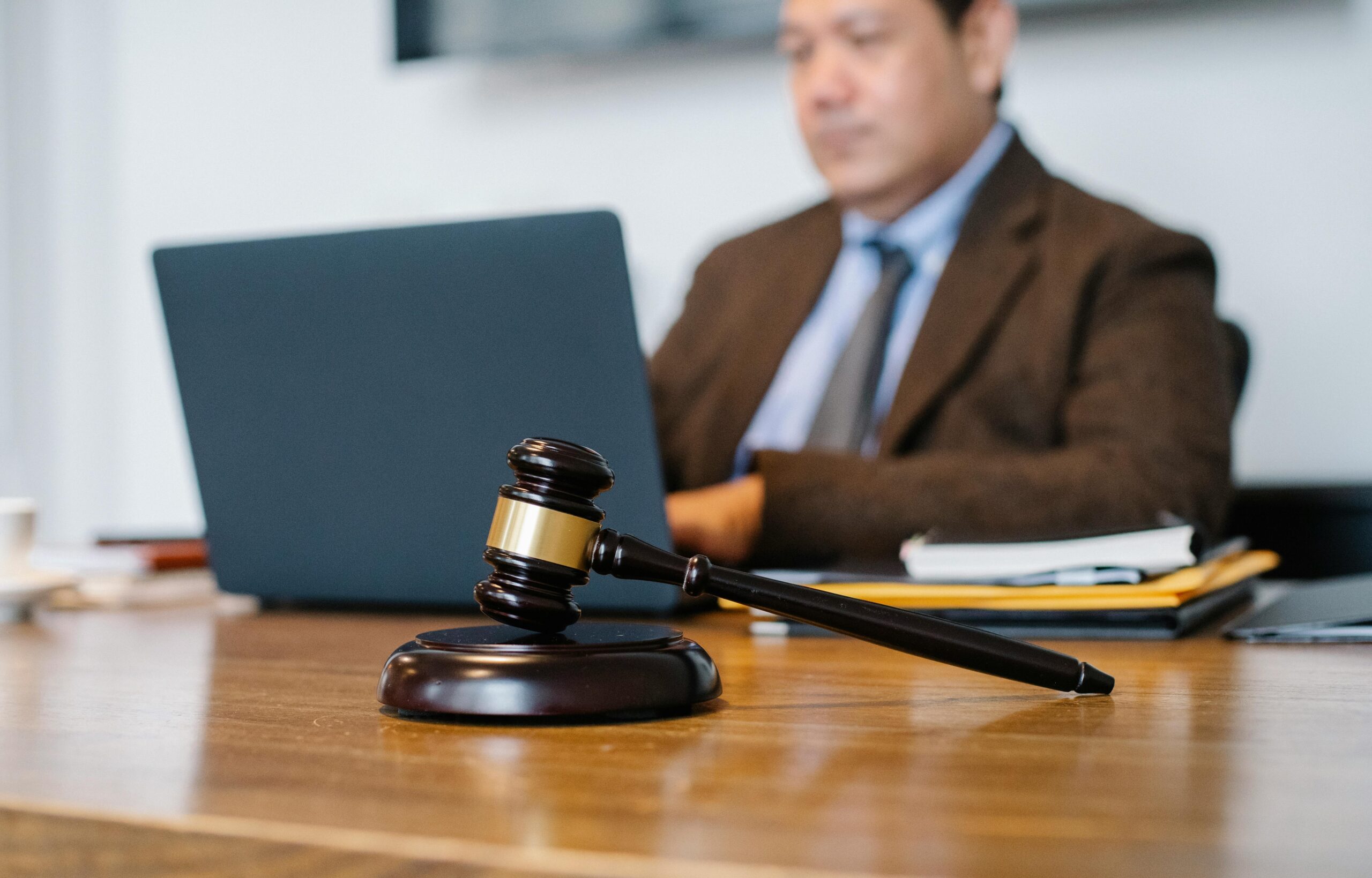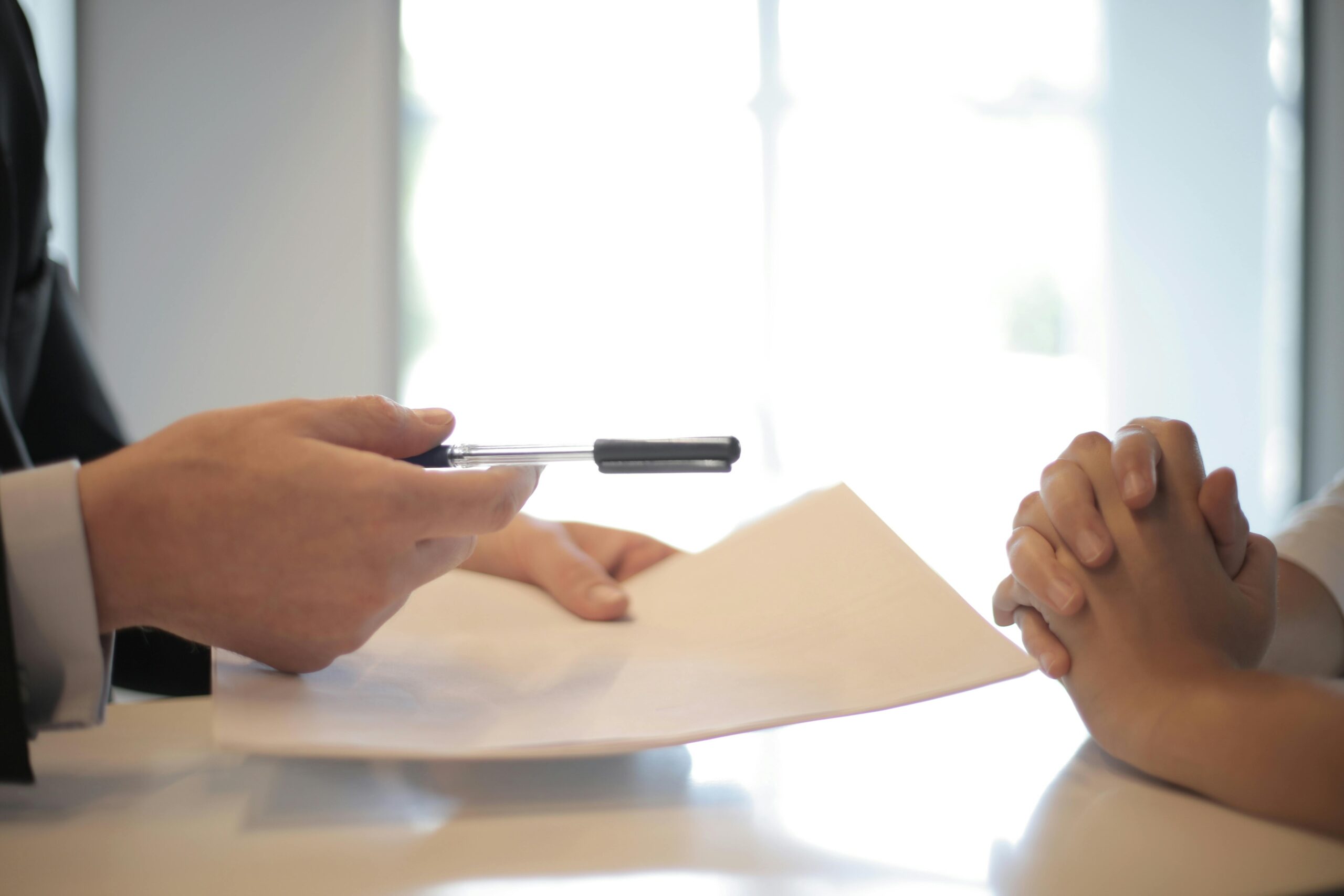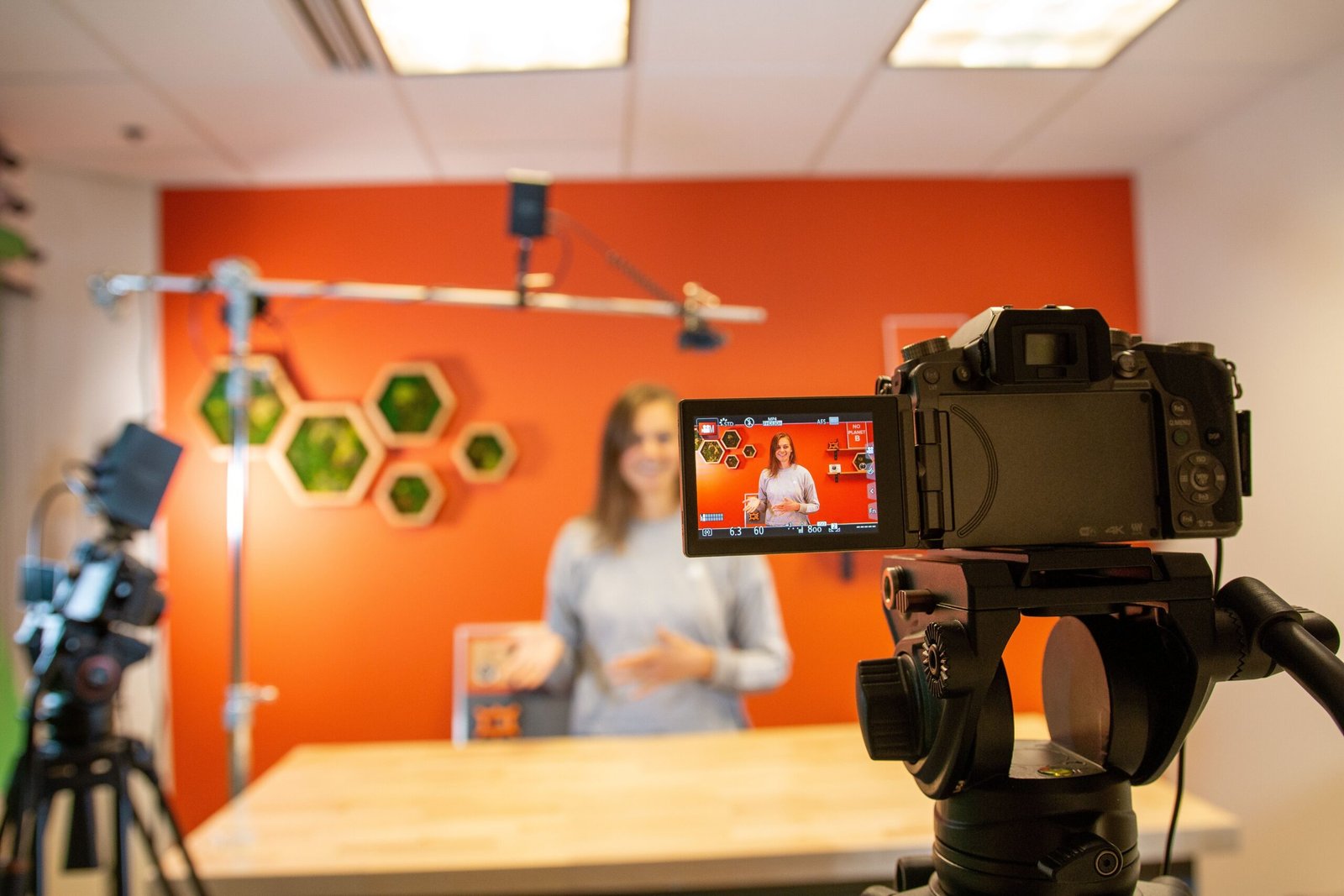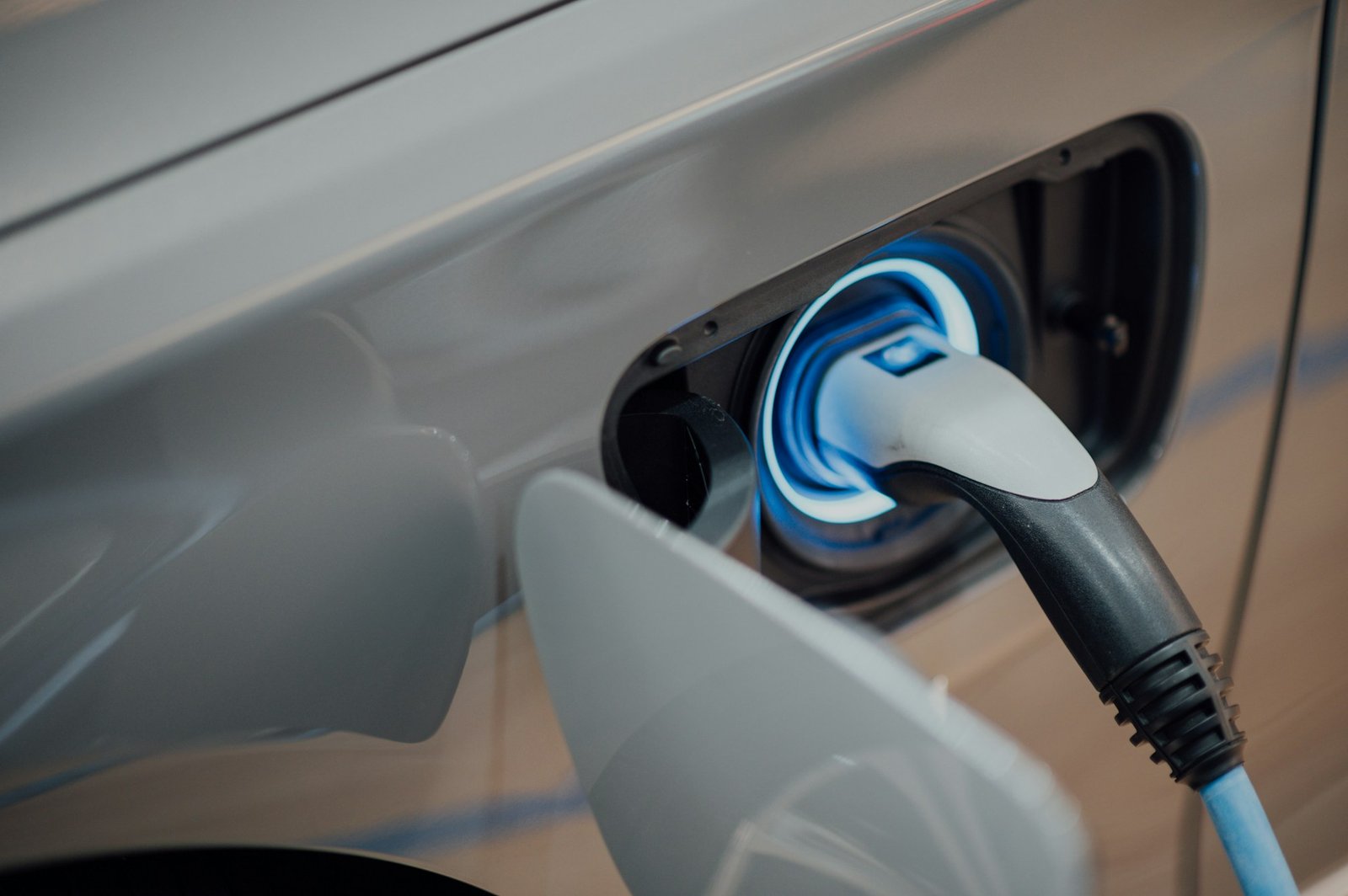Auto accidents can be overwhelming and stressful, especially if you don’t know what steps to take immediately afterward.
Whether you’re dealing with minor damage or a serious collision, knowing what to do after an accident can make all the difference in your recovery process, both physically and financially. Understanding the proper steps to take ensures you stay safe, meet legal obligations, and protect your rights.
If you find yourself in this situation in Richmond, Virginia, working with a Richmond auto accident lawyer can provide the legal support you need to navigate the complexities of the accident aftermath. Having the right legal guidance can be crucial for securing fair compensation and handling insurance claims.
1. Ensure Safety and Check for Injuries
The first and most important step after an auto accident is ensuring the safety of everyone involved. If possible, move your vehicle to the side of the road or a safe location to prevent further accidents. Turn on your hazard lights to alert other drivers. If someone is injured, do not attempt to move them unless it is necessary to prevent further harm.
Immediately call 911 if there are injuries or if the accident caused significant damage. Even if injuries appear minor, seeking medical attention is critical, as some conditions like whiplash or internal injuries might not show symptoms right away.
2. Call the Authorities
Even if the accident seems minor, it’s important to call the police to report the incident. In Richmond, as in most places, a police report is required for insurance claims and may be necessary if there are any legal proceedings. When the police arrive, provide them with the necessary details, but avoid admitting fault or making speculative statements.
The police will document the scene, record witness statements, and prepare an official accident report, which will be vital when filing an insurance claim or if legal action is required later.
3. Gather Information from All Parties Involved
Exchanging information with the other driver or drivers involved in the accident is essential. Be sure to collect:
- Name, address, and phone number
- Insurance company and policy number
- Driver’s license number and license plate number
- The make and model of all vehicles involved
Also, if there are witnesses to the accident, ask for their contact information. Witnesses can provide valuable testimonies that support your version of events.
4. Document the Scene
If it is safe to do so, take photos or videos of the accident scene. Capture details like the damage to all vehicles, the road conditions, skid marks, and any traffic signs or signals in the area. This evidence can be invaluable when dealing with insurance companies or in court, as it provides a visual record of the event.
Take photos of any visible injuries as well. These images will serve as evidence if you need to prove the extent of your injuries later.
5. Notify Your Insurance Company
After you’ve ensured that everyone is safe and gathered all the necessary information, contact your insurance company to report the accident. Provide them with all the details, including the police report number and the information you collected from the other parties involved. Most insurance companies require prompt notification of accidents, and delaying this process can result in complications with your claim.
Your insurance company will guide you through the next steps, which may include getting estimates for vehicle repairs and providing medical documentation if you’ve been injured.
6. Seek Medical Attention
Even if you feel fine after the accident, it’s a good idea to visit a doctor as soon as possible. Some injuries, like concussions, whiplash, or internal injuries, might not manifest symptoms immediately. Getting a thorough medical evaluation will help detect any hidden injuries and will also create a medical record of the injuries caused by the accident. This documentation is crucial for your insurance claim and any potential legal action.
If you require extensive treatment or time off from work due to injuries, having medical documentation will support your case for compensation.
7. Avoid Discussing Fault
In the immediate aftermath of an accident, it’s natural to feel shaken and want to explain what happened. However, it’s important to avoid admitting fault or speculating about the cause of the accident, even if you think you might be responsible. Leave determining fault to the police and insurance companies, as any admission of fault can be used against you during the claims process.
If the other driver or their insurance company contacts you, avoid providing any statements until you have spoken to your own insurance company or an attorney.

8. Contact a Richmond Auto Accident Lawyer
If you’ve been involved in an auto accident in Richmond, consulting with a Richmond auto accident lawyer can be one of the most important steps in protecting your rights. A lawyer can help you navigate the complexities of the legal process, from dealing with insurance companies to filing a personal injury claim if necessary.
Having legal representation ensures that you receive fair compensation for medical expenses, property damage, lost wages, and pain and suffering. A Richmond auto accident lawyer can also handle the paperwork and negotiations with the insurance companies, allowing you to focus on recovering from your injuries.
9. Understanding Your Legal Rights
In Virginia, the statute of limitations for filing a personal injury claim after a car accident is typically two years from the date of the accident. This means you have a limited window of time to seek compensation for any injuries or damages. Working with an attorney ensures that you meet all legal deadlines and that your case is handled properly from the start.
A knowledgeable auto accident lawyer will review the details of your case, advise you on the best course of action, and represent you in any legal proceedings. They will also evaluate the full extent of your losses, ensuring you receive the compensation you deserve.
10. Keep Detailed Records
Throughout the process of dealing with an auto accident, keeping detailed records is essential. This includes:
- Medical bills and treatment records
- Vehicle repair estimates and receipts
- Communications with insurance companies
- A copy of the police report
- Documentation of lost wages if you were unable to work due to injuries
Having these records organized will make it easier for your lawyer to build a strong case and will also streamline the insurance claims process.

FAQs About Auto Accidents in Richmond
1. What should I do if the other driver doesn’t have insurance?
If the other driver is uninsured, your own insurance policy may include uninsured motorist coverage, which can help cover your expenses. It’s essential to contact your insurance company and a lawyer to explore your options.
2. How long do I have to file a claim after an accident in Richmond?
In Virginia, you typically have two years to file a personal injury claim. However, it’s best to begin the process as soon as possible to avoid missing any important deadlines.
3. Can I still receive compensation if I am partially at fault?
Virginia follows a strict contributory negligence rule, meaning that if you are found even slightly at fault, you may not be eligible for compensation. This makes it critical to consult a lawyer if there’s any question of fault.
4. Do I need a lawyer for a minor accident?
While you may not need a lawyer for a minor accident with no injuries, consulting one can still be helpful if there are disputes over fault or insurance coverage.
5. How much compensation can I receive after an accident?
The amount of compensation depends on the severity of the accident, the extent of your injuries, and other factors like lost wages or emotional distress. Your lawyer can help determine the appropriate amount.
Conclusion
Being involved in an auto accident in Richmond can be a traumatic experience, but knowing the right steps to take afterward can help protect your rights and ensure that you receive the compensation you deserve. From seeking medical attention to contacting a Richmond auto accident lawyer, each action you take plays a crucial role in the outcome of your case. By following these guidelines, you can recover from the accident with the support you need, both legally and physically.






